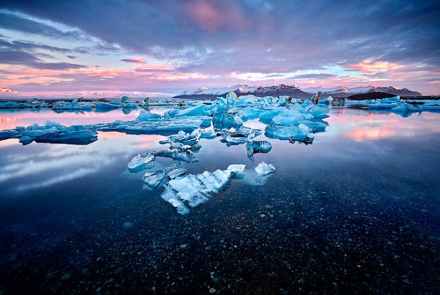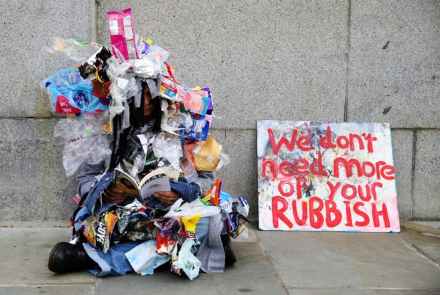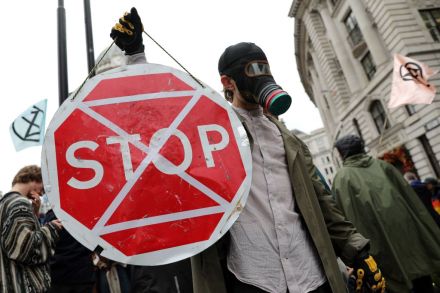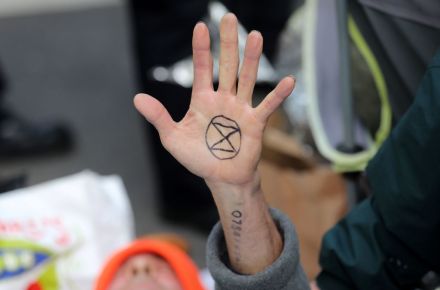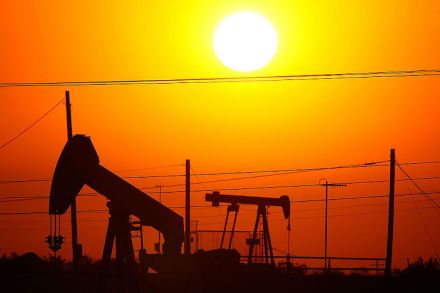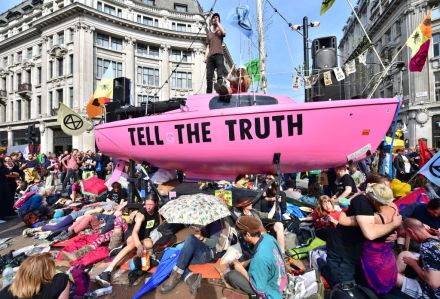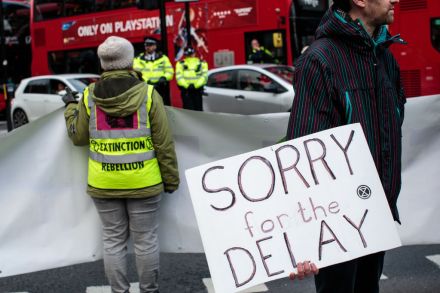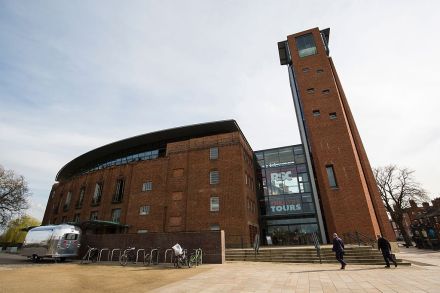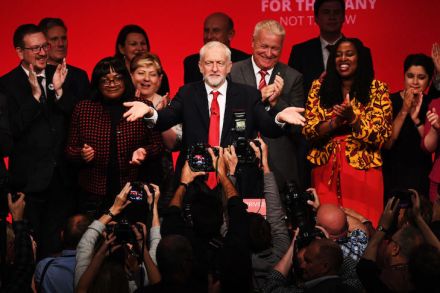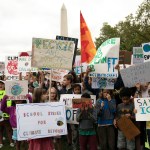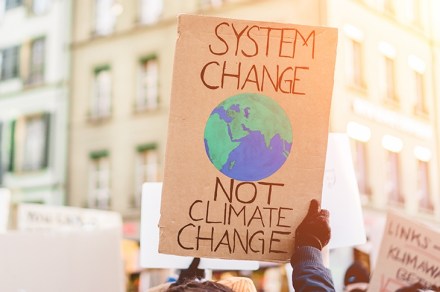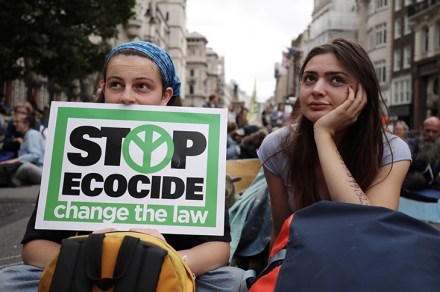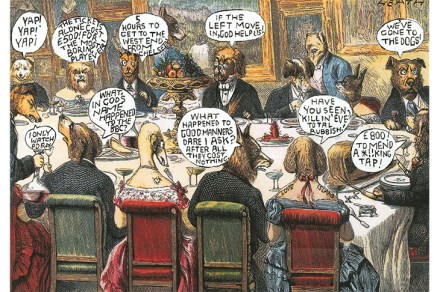Our tree-planting obsession may do more harm than good
‘Four beef burgers is the same as flying to New York and back! FOUR BURGERS!’ When I arrived at the Extinction Rebellion demo, the first person I met was a woman activist, clad from head to foot in ocean-polluting, synthetic fibres, talking absolute nonsense. And because I’m a beef farmer, I felt I should set her straight. I explained that no, my grass-fed beef does not harm the planet, and asked her what on earth she expected the farmers of Britain to do if they couldn’t keep cows. ‘Ah,’ she says, folding her arms, ‘they should just grow trees.’ Trees are fast becoming the answer to everything. Worried about floods?



